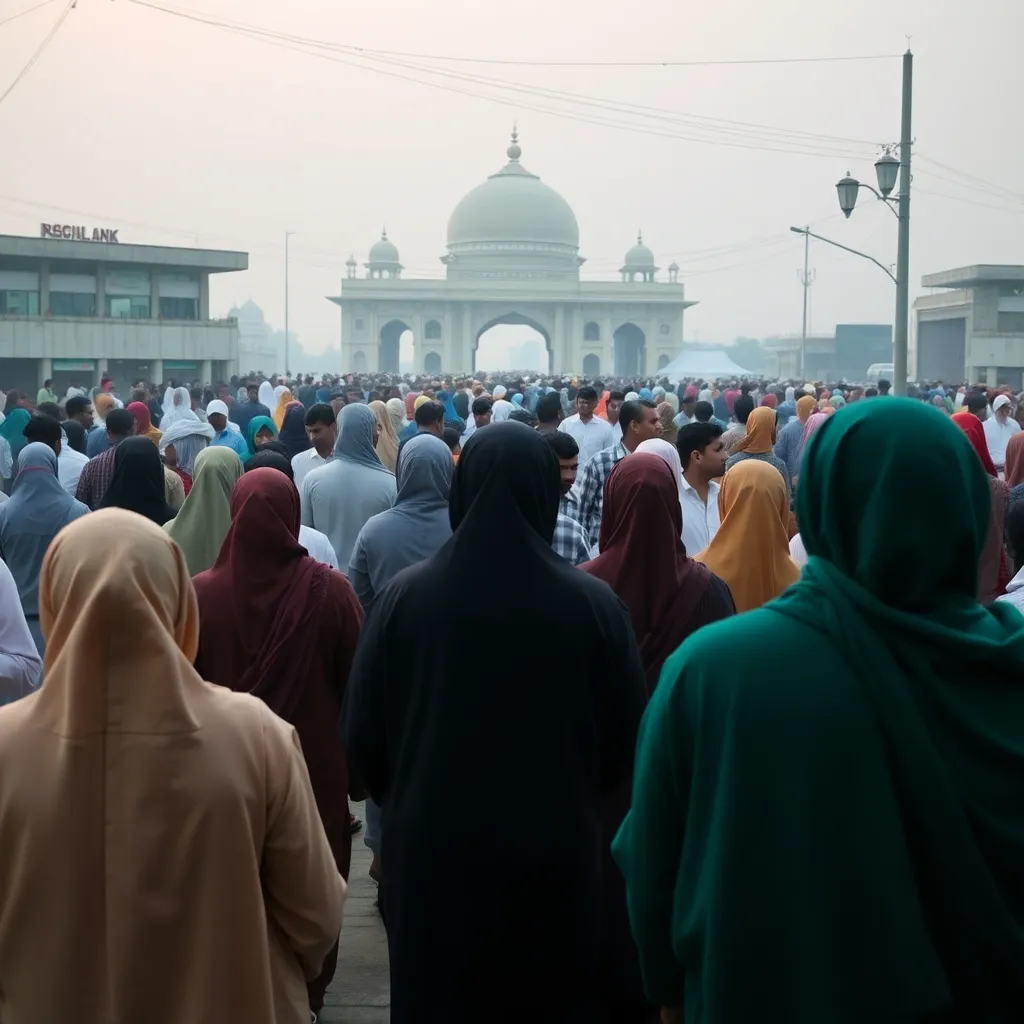
08-Nov-2024 , Updated on 11/10/2024 6:23:24 AM
India to expel Rohingyas and Bangladeshi Muslims?
The issue of Rohingya and Bangladeshi Muslim refugees in India has led to great discussions and controversies all over the country.
As the government is considering kicking out these groups, there is a need to look at the implications of such a move. But can we do this? And what does it mean for India, a country that still fights population problems at the moment?
First, let’s address the elephant in the room: It is fully recognised that India has a population of over 1.4 billion. It is high time we kept off any chance of accepting refugees because we cannot afford to support them, and anyway, they may not be of any beneficial impact to our social place. It is a reasonable argument to want to provide for the welfare of our citizens. Given high unemployment and poor health and education systems, is there an option not to employ more people, some of whom are likely to need a lot of attention?
Consequently, a discussion on Rohingya and Bangladeshi migrants’ issues has emerged and is complicated due to issues of national security, resource, and political agendas. Opponents are saying that since India has a substantial population, some people are likely to say that migration puts pressure on infrastructure due to the high population density and impacts local services.
In addition, claims regarding the vote banks created by the corrupt politicians, along with the sentiment that such people comprise illegal migrants and bear fake IDs that included the voter IDs and Aadhar cards, have also sparked the issue.
India’s position has to address both security concerns and humanitarian responsibility in addressing this complex question fairly adequately.
Some people believe that it is possible to increase crime and social turmoil due to their liberal immigration policy. The concern, however, is that some of them have terrorist connections that can be security risks to the nation. Although it is important not to raise this problem in a critical manner, we should not blind ourselves to possible dangers. Almost all the countries in the world today have tightened their immigration policies for the protection of their people, and maybe it is time for India to follow suit.
However, there should be a discussion on the terrorist proposal of putting refugees in some sort of prison, as some big countries did. That might seem harsh, but it is important to note that developed countries such as the United States of America and China have set hard conditions for immigration to ensure that they regulate immigration and control their country’s borders. The logic is not to desensitise human beings but to make sure that the strangers who enter the country do not pose any danger.
But we must think again. The approach is not to demean people but to formulate a strategy that enhances the safety of the nation as well as recognising people’s rights. It may, indeed, be one of the toughest acts to manage, an act that calls for one’s best thinking and planning.
All in all, the processes of Rohingyas and Bangladeshi Muslims deportation from India cannot be considered absolutely explicit. Of course there are reasonable concerns for the pressure on population, political, and security reasons, but the problem has to be solved with some humanity. In my opinion, the solution doesn’t lie in us giving refugees a statistician feel but rather in designing a structure that provides for our citizens as well as effectively regulating immigration.
In this world, it is crucial to be completely transparent to be able to understand every standpoint and think over it. The maintenance of the well-being of our country shall remain an experiment of the possibility of having it both ways.
This should mean that as we formulate policies. Let's ensure that the goals we want for Vision 2035 reflect the values that are dear to us as a people and, at the same time, protect our citizens’ interests.

Student
hey there! i am a student currently pursuing my bachelors with a keen interest in writing., I am fueled by a deep love for storytelling and a flair for creating captivating narratives. Armed with a passion for language and a keen eye for detail, I strive to craft compelling copy that leaves a lasting impact.
Join Our Newsletter
Subscribe to our newsletter to receive emails about new views posts, releases and updates.
Copyright 2010 - 2026 MindStick Software Pvt. Ltd. All Rights Reserved Privacy Policy | Terms & Conditions | Cookie Policy